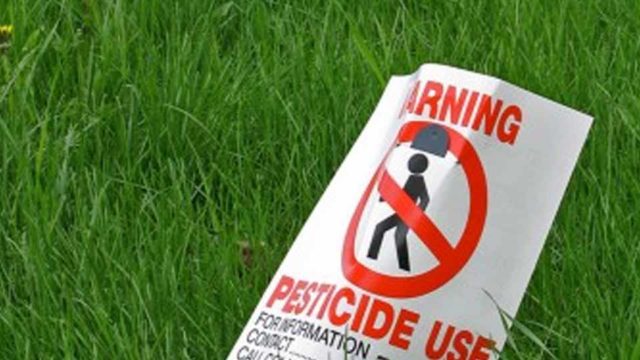Supreme Court of Canada says municipal governments can restrict pesticides use to protect citizens and environment.
The case involved a municipal bylaw passed in 1991 by the Town of Hudson, Quebec, which tightly restricted the use of pesticides for non-essential (or cosmetic) uses within its boundaries. Chemlawn and Spraytech, both companies that routinely apply pesticides, had lost challenges to the bylaw in two Quebec courts before appealing to the Supreme Court to strike down the bylaw. The companies argued that municipalities did not have the power to control local pesticide use.
On June 28, 2001, the Supreme Court of Canada upheld the power of municipal governments to restrict the use of pesticides within their communities. (Canada Ltee [Spraytech, Societe d’arrosage] et al. v. Town of Hudson.)
Why was Ecojustice involved?
On behalf of the Federation of Canadian Municipalities, World Wildlife Fund, and Nature-Action Quebec, Ecojustice successfully intervened in the precedent-setting case in support of local pesticide reduction initiatives.
On behalf of the groups, Ecojustice successfully argued that municipalities have an important role to play in protecting the health of residents and the environment, and that pesticide reduction measures are within the bounds of their local powers.



